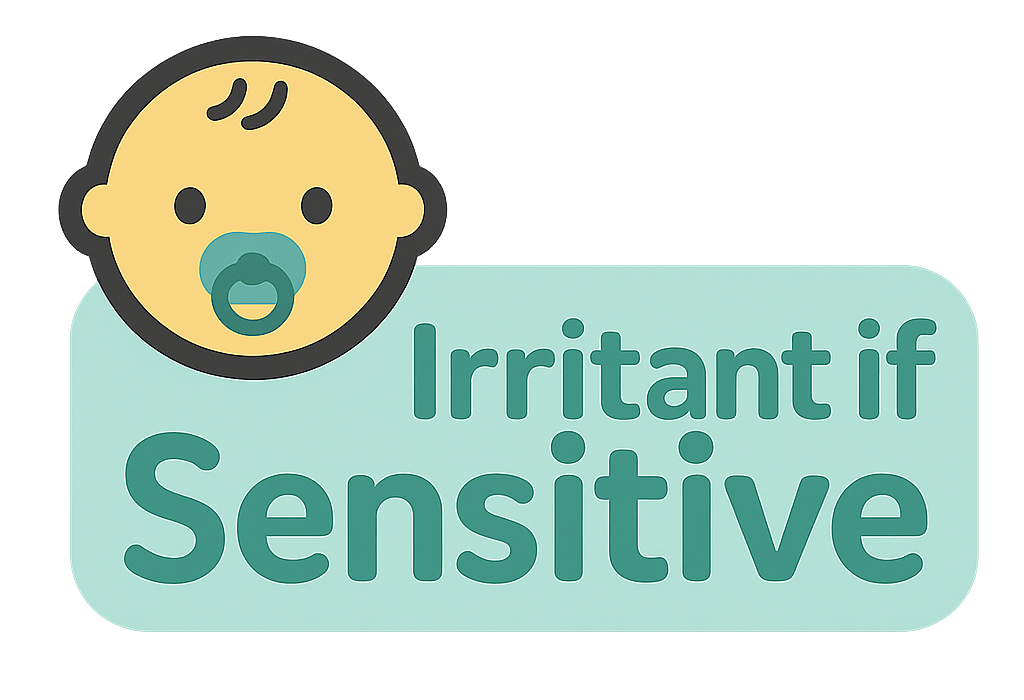Check for Different Age (6 available)
Is this safe for adults to use Calcium Carbonate?
ℹ️General Overview
For adults, calcium carbonate is generally safe when used on the skin in creams, lotions, and similar products. It is low risk for cancer, fertility, or long-term buildup in the body.
✅What to Do
Use products that contain calcium carbonate as directed. Avoid breathing in any powder or spray form. Don’t put it on broken or irritated skin. If you get redness or stinging, stop using the product and rinse the area with water.
⚠️Warnings
Watch for skin or eye irritation and avoid inhaling dust from powders or sprays (this information comes from the Cosmetic Ingredient Review and other safety sources). Very small particles may penetrate skin more easily — this is a theoretical concern noted by NanoWerk. Some certification programs may restrict use of this ingredient without documentation, and regulatory notes mention limited food uses (FDA). If irritation or breathing problems occur, stop use and see a doctor.
Are you holding the product?
Scan the full ingredient label and understand if it's safe for your child.
Safety Risk Labels
This ingredient has the following documented risks:



Tap or hover over labels to see detailed risk information.
Alternative Names for Calcium Carbonate
This ingredient may also be listed as:
Always check ingredient labels carefully, as ingredients may be listed under different names.
Products Containing Calcium Carbonate
This ingredient is found in the following products:
This list shows products that contain Calcium Carbonate or its alternative names.
Common Questions About Calcium Carbonate
Is this safe for adults to use Calcium Carbonate?
Yes, Calcium Carbonate is generally considered safe for adults based on current research.
What are the absorbed risks of Calcium Carbonate for adults?
Can be absorbed through the skin and get into the bloodstream.
What are the irritant risks of Calcium Carbonate for adults?
Can cause skin redness, itchiness, or rashes—especially on sensitive baby skin.
What are the banned risks of Calcium Carbonate for adults?
Banned or heavily restricted in one or more countries.
What products contain Calcium Carbonate?
Calcium Carbonate is commonly found in skincare products, cosmetics, and topical applications. Always check ingredient labels before use.
When can adults using products with Calcium Carbonate?
The appropriate age depends on the specific ingredient properties and concentration. This analysis is for adults. Use the age selector above to check other ages.
Want to scan another product?
Use our camera scanner to analyze more ingredient labels
Scan Another Product